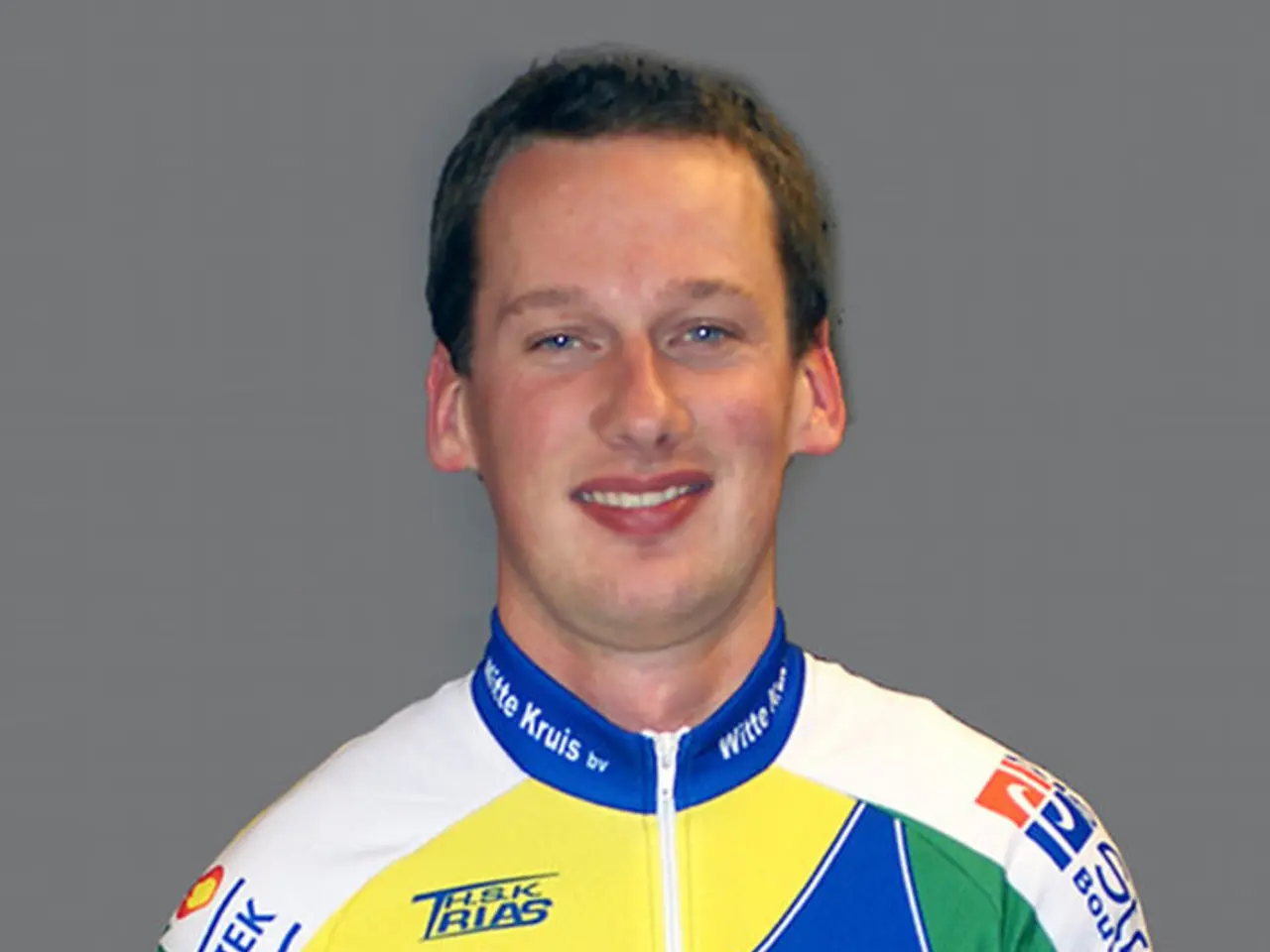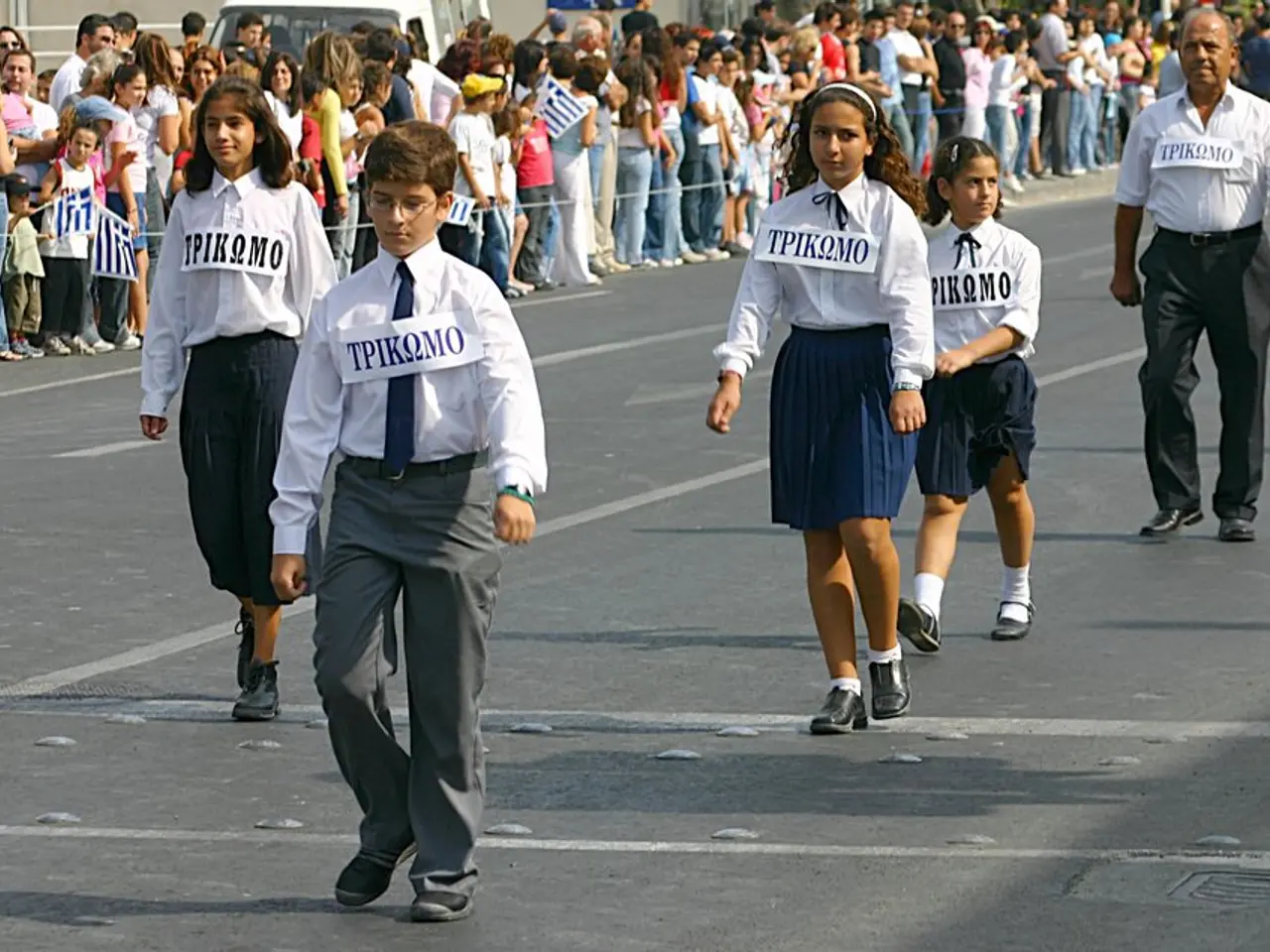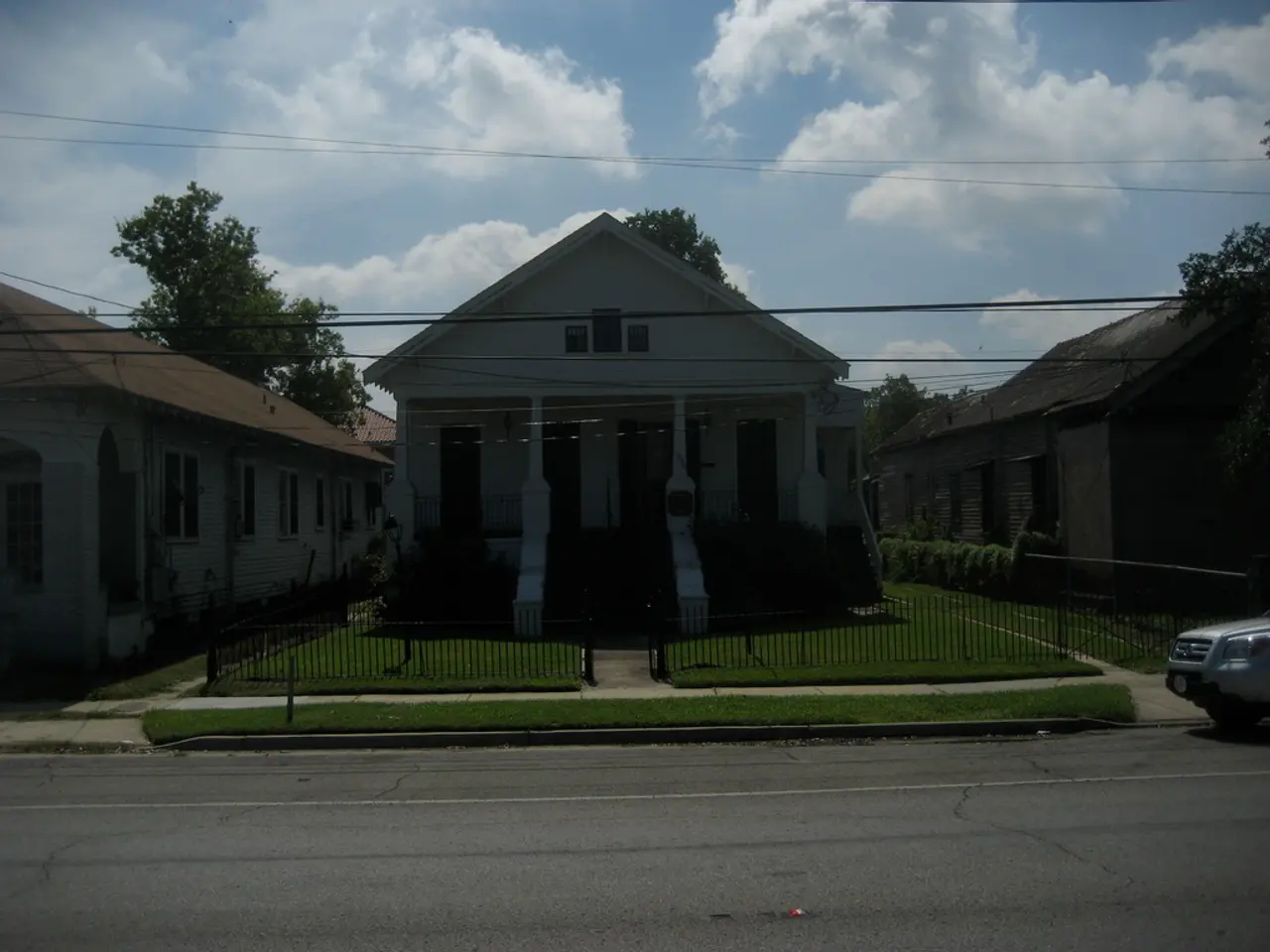Annual Gathering Hosted by the German Sports Betting Association During Summer Season
In the heart of Berlin, the German Sports Betting Association (DSWV) held its summer party at SO/Berlin Das Stue, an event that provided a platform for personal exchange with politicians and industry representatives. The gathering was significant, as the nation's sports betting landscape is currently grappling with a growing issue: the attractiveness of the black market.
The root of the problem lies in the current regulations on sports betting in Germany, which are causing frustration among bettors and contributing to migration to the black market. One of the key issues is the restrictive licensing and taxation environment. Germany has a relatively strict licensing regime, with the GlüStV (Interstate Treaty on Gambling) criticized for not providing a clear legal basis for effective enforcement measures, such as IP blocking, against illegal operators.
The tax environment has also become more stringent, with a recent increase in the gross gaming revenue tax rate from 5.3% to 7% set for mid-2024. This could lead operators to adjust their offerings, potentially reducing the quality of service and increasing costs for bettors.
Despite efforts by the GGL (Gemeinsame Glücksspielbehörde der Länder) to combat illegal gambling, challenges persist. A ruling by the Federal Administrative Court in March 2024 highlighted that current laws do not sufficiently empower regulators to block illegal operators effectively. The lack of robust enforcement mechanisms, especially in terms of IP blocking, has been a point of contention, leading to frustration among both operators and bettors.
The limited market access and options also contribute to the issue. The strict regulations and limited market access create an environment where some operators are discouraged from obtaining licenses, and those that do may not offer competitive services. This can drive bettors to seek more favorable options in the black market.
The DSWV, led by Mathias Dahms, is advocating for reforms to improve enforcement and align national laws with the EU's Digital Services Act (DSA). These reforms aim to empower regulators to block illegal content more effectively and address the current shortcomings in the regulatory framework. However, until these changes are implemented, the challenges faced by sports bettors and the attractiveness of the black market are likely to persist.
Peter Beuth, the Chairman of the working group "More private for a strong state" within the CDU Economic Council, emphasized the importance of player protection, stating that frustration often leads to migration to the black market. He emphasized that legal providers should be seen as the strongest partner for player protection.
Sports betting in Germany is currently safer and more protected in the legal market, according to Mathias Dahms. However, the demand for sports betting does not disappear when it is restricted; it is absorbed by the black market, a fact that underscores the urgency for reform.
As the summer party concluded, the issue of sports betting regulation in Germany remained a pressing concern, with the DSWV continuing its advocacy for a more favorable environment for legal sports betting operators and the protection of consumers. The event served as a reminder that the demand for sports betting is strong, and the need for effective regulations that balance player protection and market access is crucial.
The restrictive licensing and taxation environment in Germany's sports betting sector isPushing many bettors towards the black market. The German Sports Betting Association (DSWV) is advocating for reforms to improve enforcement, align national laws with the EU's Digital Services Act (DSA), and create a more favorable environment for legal sports betting operators.
The lack of clear legal basis for effective enforcement measures, high tax rates, and limited market access contribute to the attractiveness of sports-betting in the black market. The failure to block illegal operators effectively, especially in terms of IP blocking, has resulted in frustration among both operators and bettors, further fueling the issue.






